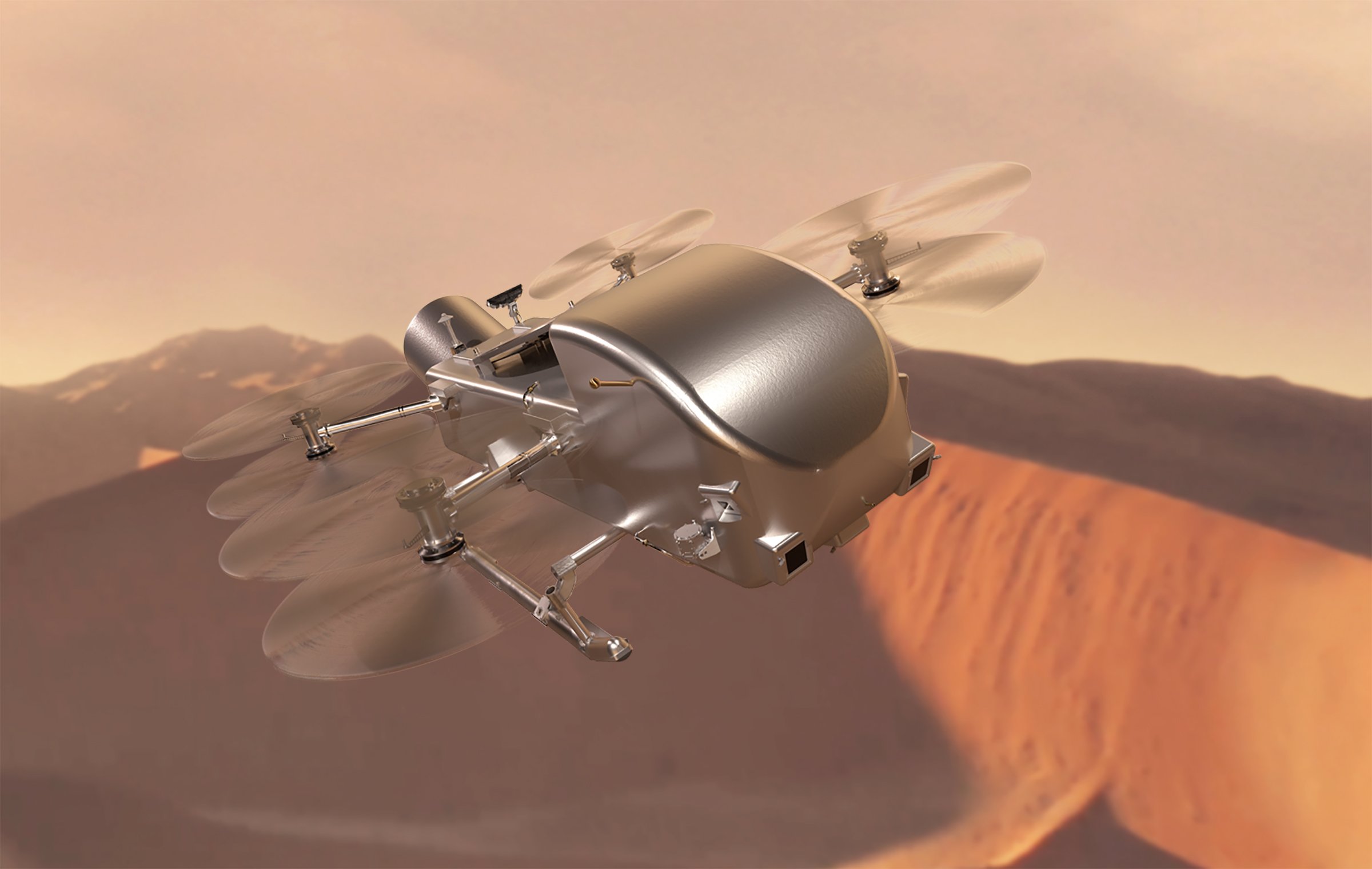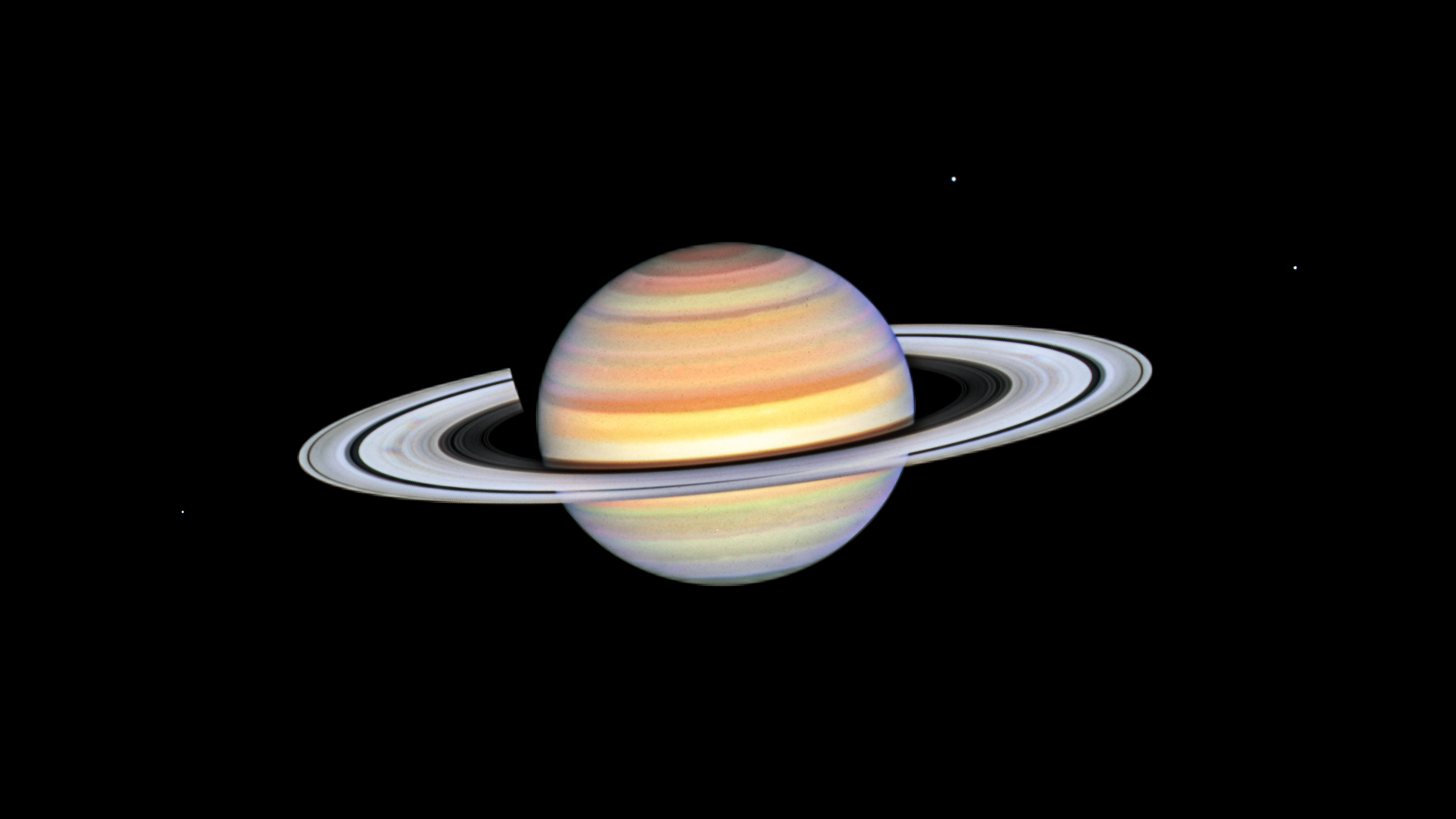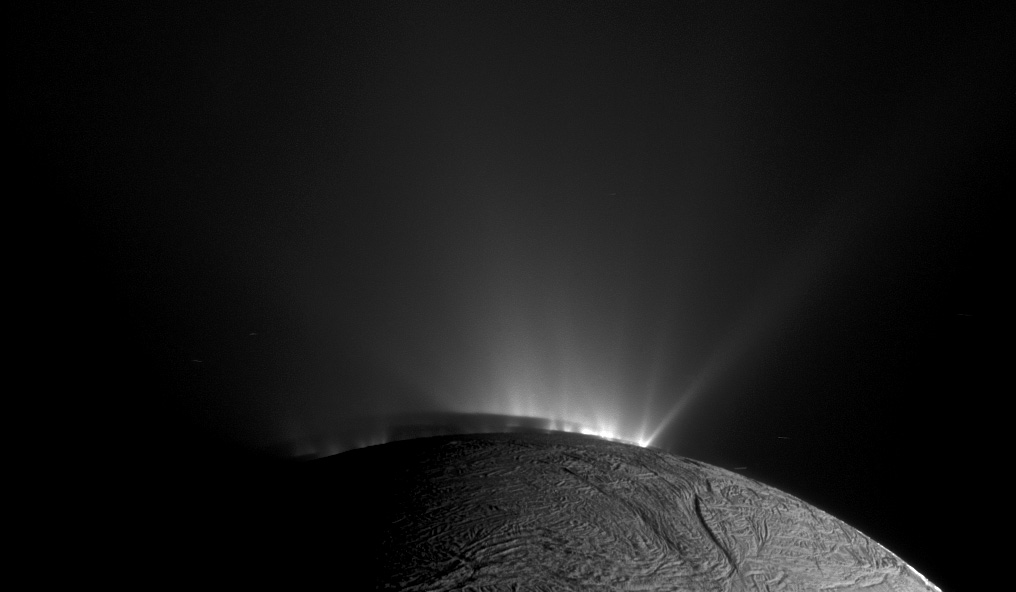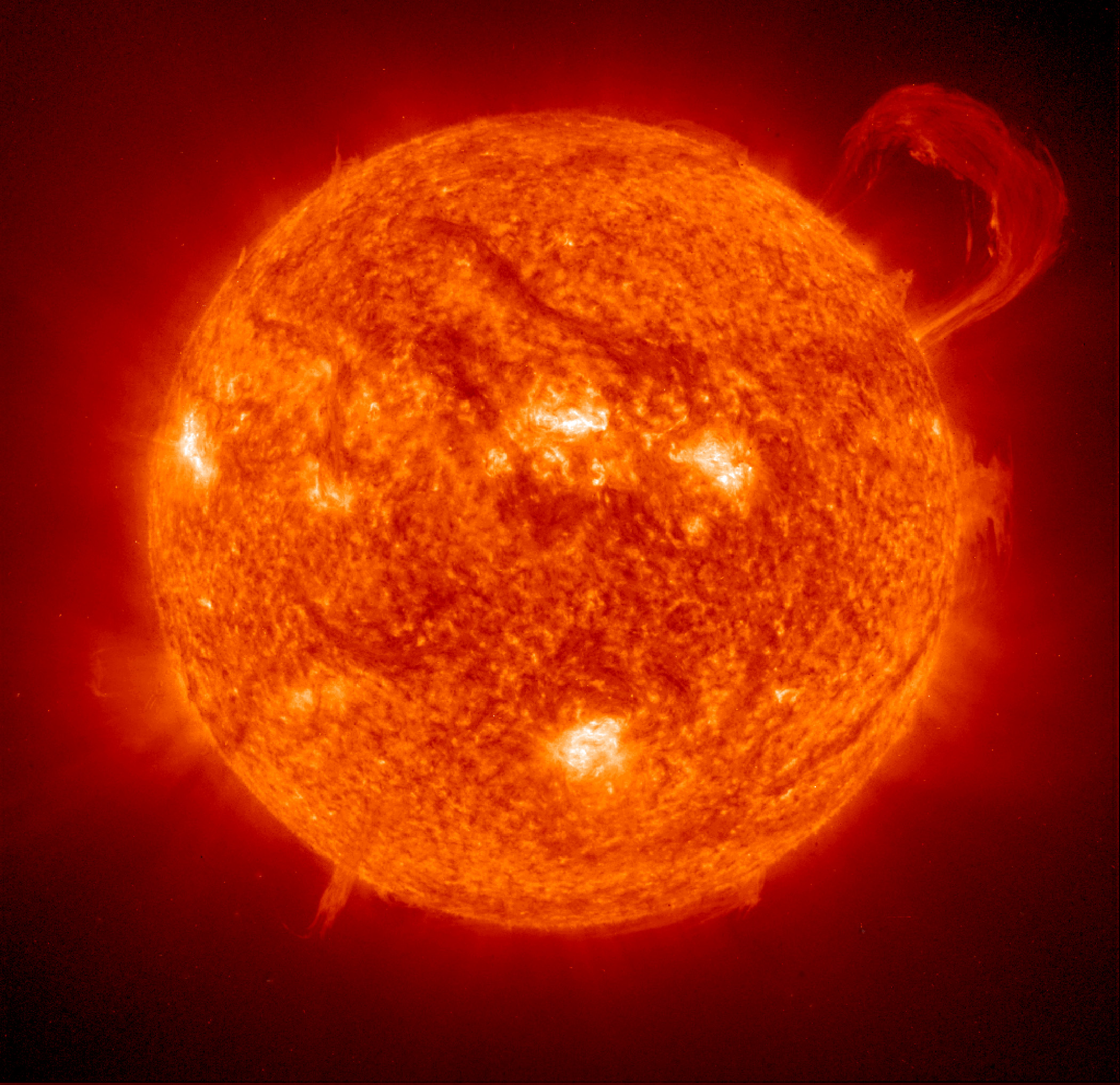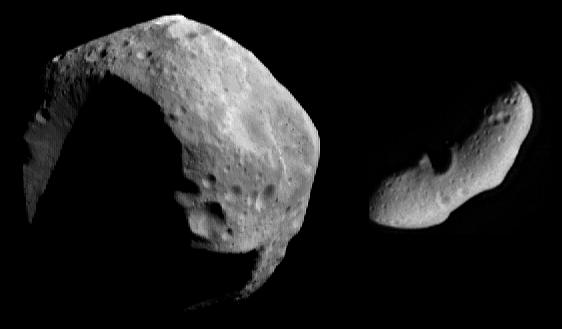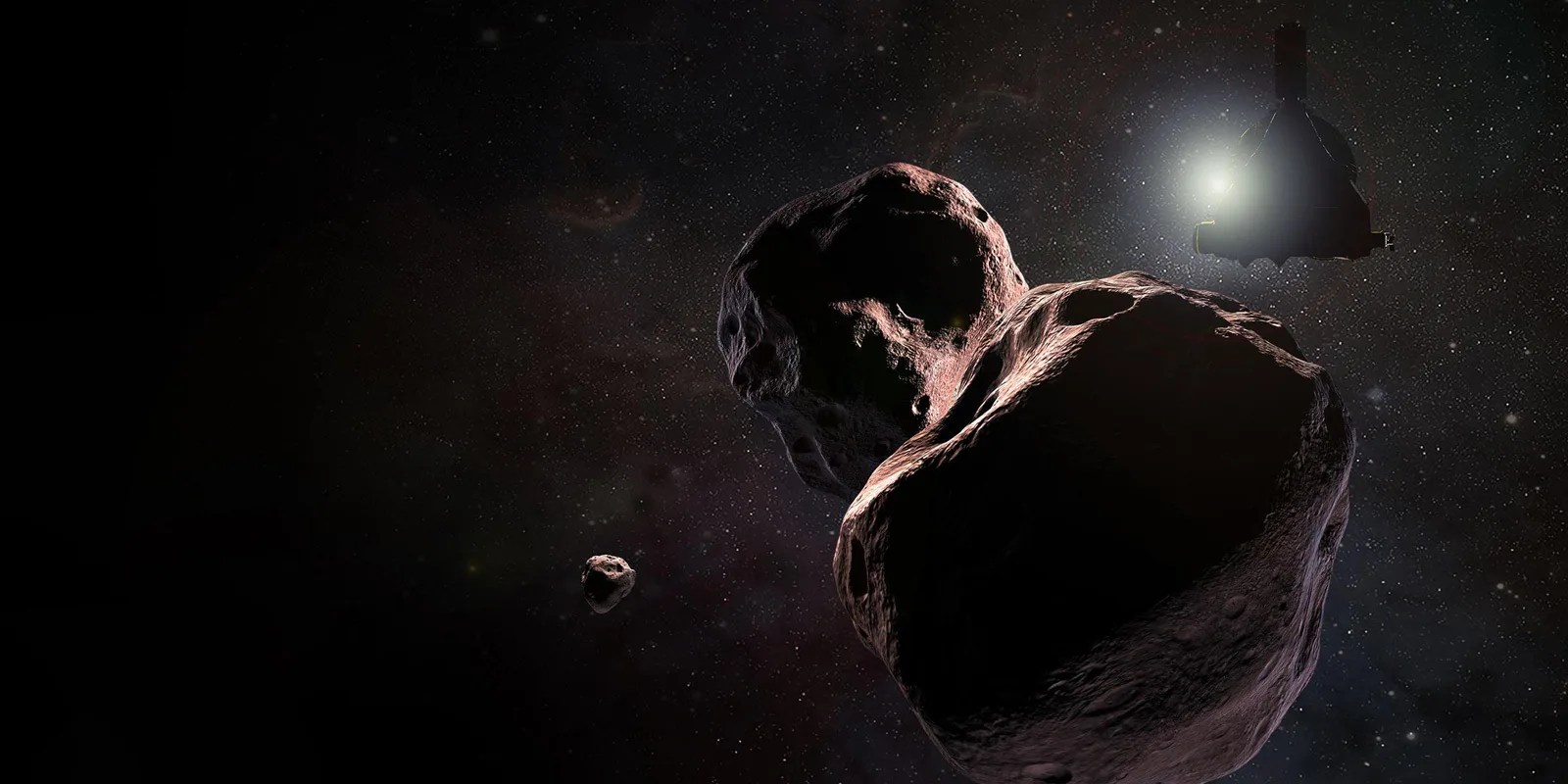2 min read
Todd J. Barber, Cassini lead propulsion engineer
Greetings from JPL in Pasadena, California and from Saturn with Enceladus in our rear-view mirror! I'm very happy to relive the last week on Cassini via this column.
As many of us on Earth have been enraptured with the spectacle and pageantry of the Summer Olympics, scientists and engineers on Cassini have been busy with some Winter Olympics of our own at icy Enceladus. As I write this, we are two days past an incredible swoop within 50 kilometers (31 miles) of the icy surface, yielding some of the best Enceladus imagery to date. Yesterday, the flight team was treated to first a viewing of the latest images, and we "ooh'd and ahh'd" as if we were taking in the opening ceremonies in Bejing. Of all of the thrills of working here, I don't think anything can surpass one's first views of a new region on an alien world. Walking down the hallways among scientists grinning profusely makes me feel great about the engineering that led to our success at Enceladus. Truly, this is a dream job if ever one existed.
Through all of this scientific glory, the engineering actually has been pretty typical. We were able to cancel our approach maneuver, OTM-163, partially due to excellent performance during the prior maneuver. However, it turned out the "tall tent pole" in the process for executing OTM-163 was our uncertainty in the position of Enceladus itself! It's amazing to me that we know the position of our (comparatively) small spacecraft much better than a reasonably sized moon, but that's another reason Cassini executes these close flybys. With the cancellation of the maneuver, most of the engineering activities have been Reaction Wheel Assembly (RWA) biases, which are often performed to keep the spacecraft pointing mechanisms healthy and safe. Thankfully, this relatively quiet period has allowed my participation in our second-ever Enceladus flyby blog. I may yet write a final entry, but it is now the scientists turn to bask in reflected light of Enceladus as imaged by Cassini.
Truly, this last week offered up a memorable "Gold Medal" performance by Cassini, one of many throughout its productive mission. As the Olympics help foster good will throughout the world, I hope our discoveries remind Earthlings of our fragility and place in the solar system, one world with many nations, together exploring the mysteries of the cosmos.

